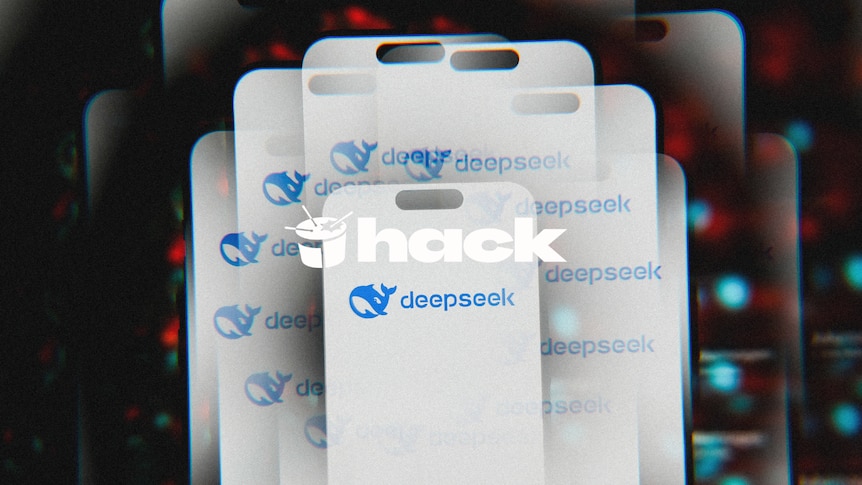🚀 DeepSeek Data Breach: Over 1 Million Sensitive Records Exposed!
Major Security Breach: DeepSeek’s AI Data Leak Shakes the Industry
On January 29, 2025, cybersecurity researchers from Wiz Research uncovered a massive data breach at DeepSeek, a China-based AI-driven data analytics firm. More than 1 million sensitive records were found accessible online without proper authentication, raising serious concerns about data security and regulatory compliance in the AI industry.
The Scope of the DeepSeek Data Breach
DeepSeek specializes in AI-powered data processing and machine learning, handling vast amounts of data. However, the breach revealed critical vulnerabilities in its data management practices, exposing confidential information to unauthorized access.
What Data Was Exposed?
Cybersecurity experts reported that the leaked database contained:
- 📁 Chat logs and internal communications
- 📂 System details and infrastructure metadata
- 🔑 API secrets and authentication keys
- 🔍 Operational records and sensitive logs
The fact that anyone with internet access could view these records raises significant privacy and compliance concerns, putting both users and businesses at risk.
How Did the DeepSeek Data Leak Happen?
According to Wiz Research, the breach resulted from a misconfigured cloud storage instance, lacking proper access controls. Such oversights are a common security flaw in cloud-based infrastructures, often leading to unintentional data exposure.
DeepSeek’s Response
📌 Incident Timeline:
✔ January 29 – Wiz Research discovers the exposed database and alerts DeepSeek.
✔ Same Day – DeepSeek secures the database within an hour to prevent further exposure.
✔ Ongoing – Investigations continue, with potential regulatory actions expected.
Legal & Regulatory Consequences
If the breach includes personal data of EU or US residents, DeepSeek could face legal scrutiny under the General Data Protection Regulation (GDPR) and the California Consumer Privacy Act (CCPA). Companies found negligent in securing data often face hefty fines and legal penalties under these frameworks.
Key responsibilities for businesses handling sensitive data include:
✅ Implementing strong encryption and access control measures
✅ Conducting regular security audits to prevent misconfigurations
✅ Ensuring transparency in data collection and storage practices
Why This Data Breach Is a Serious Threat
Cybersecurity analysts warn that leaked data could lead to various security risks, including:
🚨 Phishing & Fraud Attacks – Hackers may use the exposed information for identity theft and cyber scams.
🔐 Corporate Espionage – Competitors could gain unauthorized access to proprietary AI algorithms and business strategies.
🧠 AI Model Manipulation – Exposed training datasets could be exploited to distort AI model outputs or steal intellectual property.
What Should Affected Individuals Do?
If you suspect your data may have been exposed in this breach, take the following precautions:
🔹 Monitor your accounts for unusual activity, especially financial transactions.
🔹 Change passwords and enable two-factor authentication (2FA) for added security.
🔹 Be cautious of phishing emails or suspicious messages.
AI & Data Security: What’s Next?
The DeepSeek breach highlights the urgent need for stronger data security protocols in AI-driven companies. To prevent future incidents, firms must:
✅ Enhance cloud security and enforce strict access controls
✅ Adopt encryption and multi-layered security measures
✅ Train employees on data privacy and compliance best practices
Cybersecurity experts warn that without stringent security frameworks, data-driven organizations will continue to face major vulnerabilities.
Data Security Is No Longer Optional!
The DeepSeek data breach serves as a wake-up call for AI companies to prioritize cybersecurity and regulatory compliance. In an era where data is the backbone of AI innovation, ensuring its protection is not just a legal requirement but a business necessity.
💬 What steps do you think AI firms should take to strengthen data security? Share your thoughts in the comments! 🚀
🔎 Stay updated with the latest cybersecurity news—follow us for more insights!





